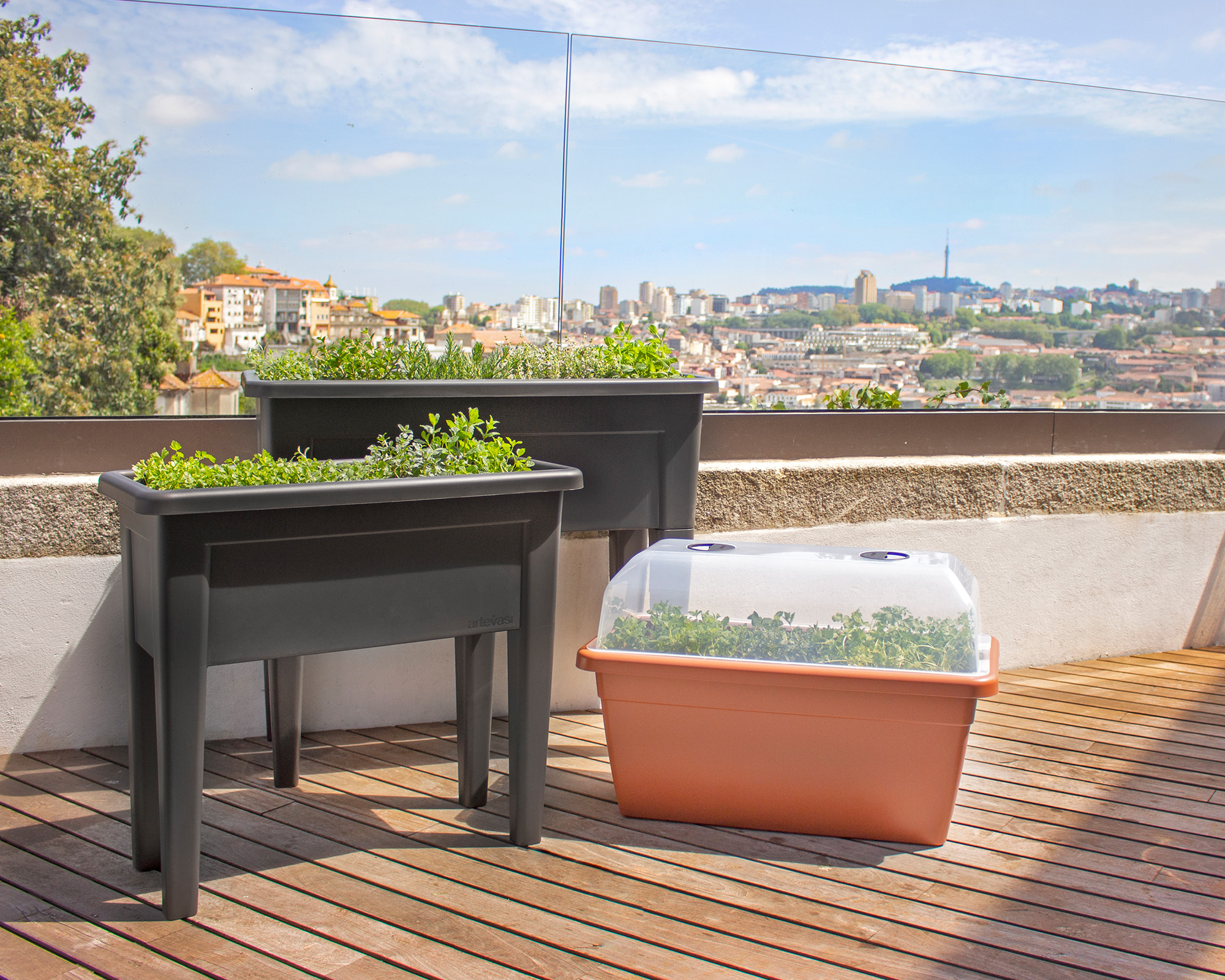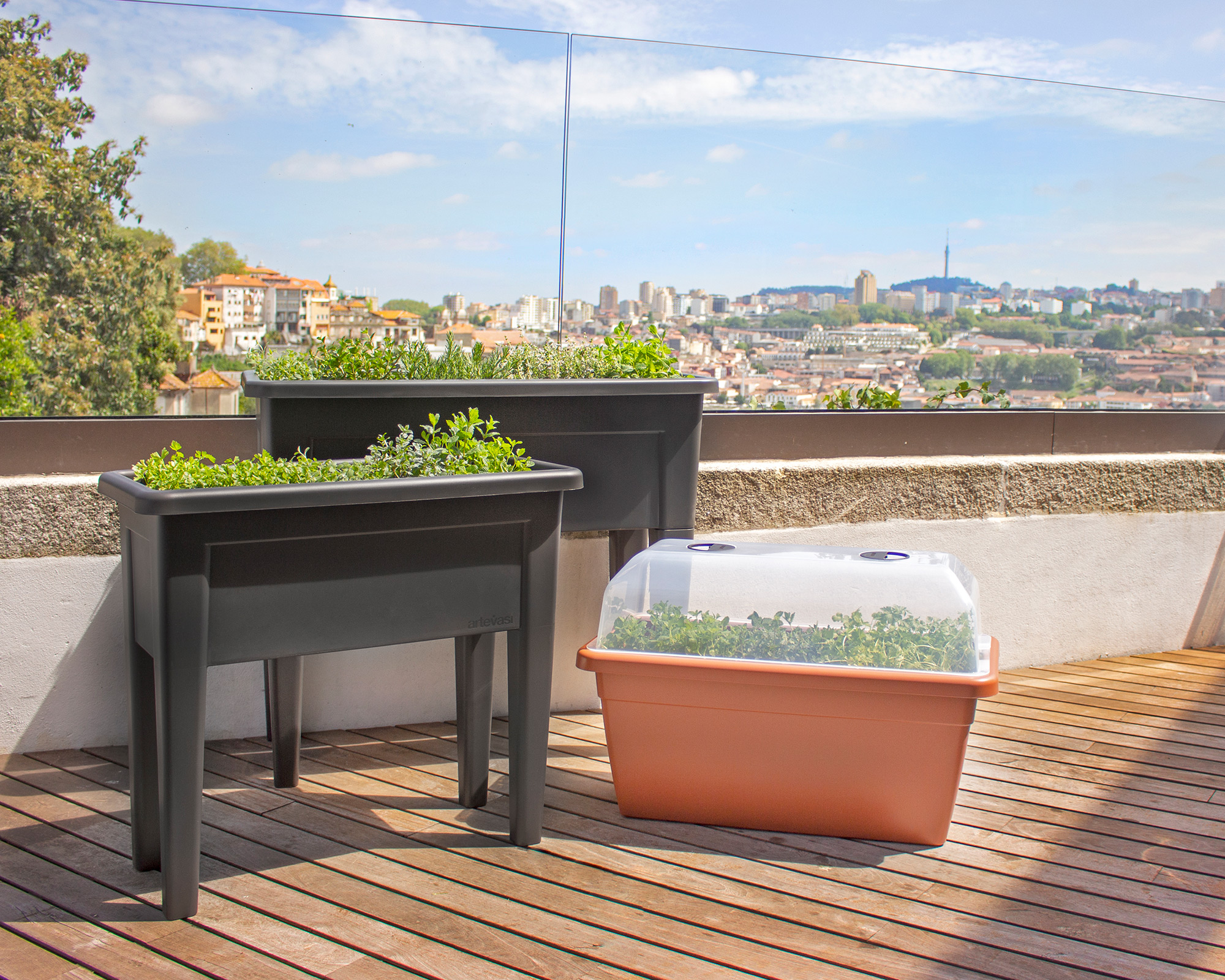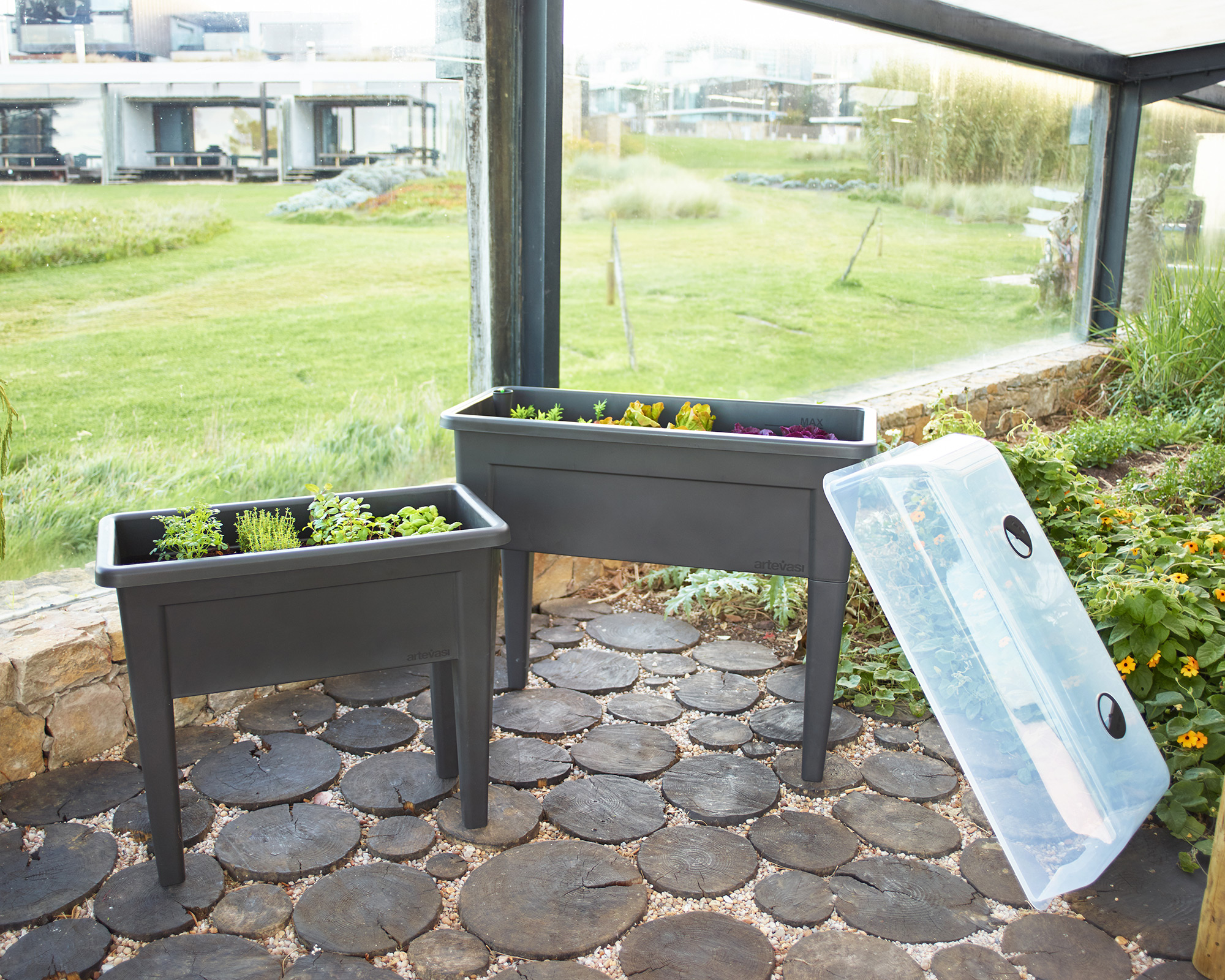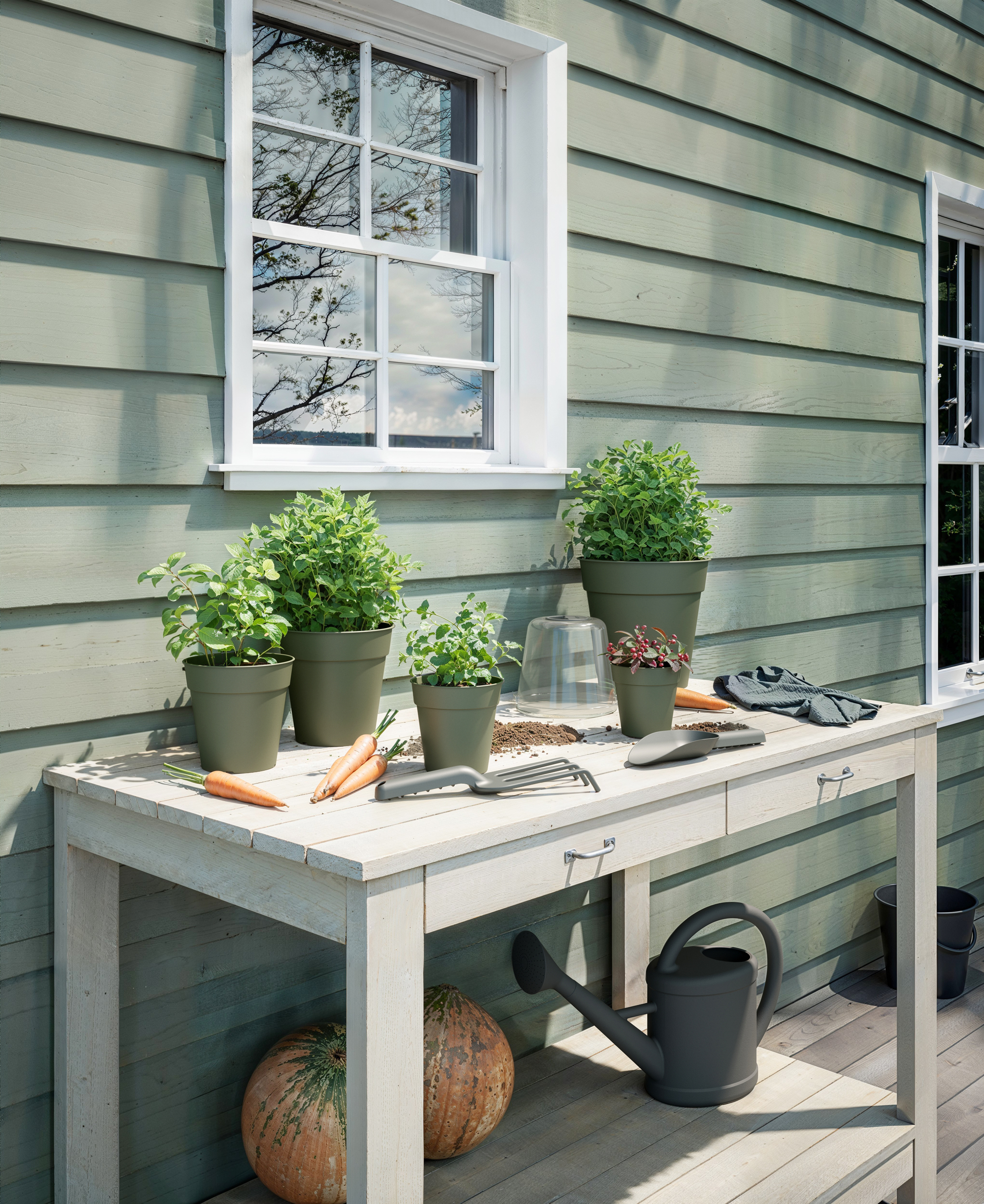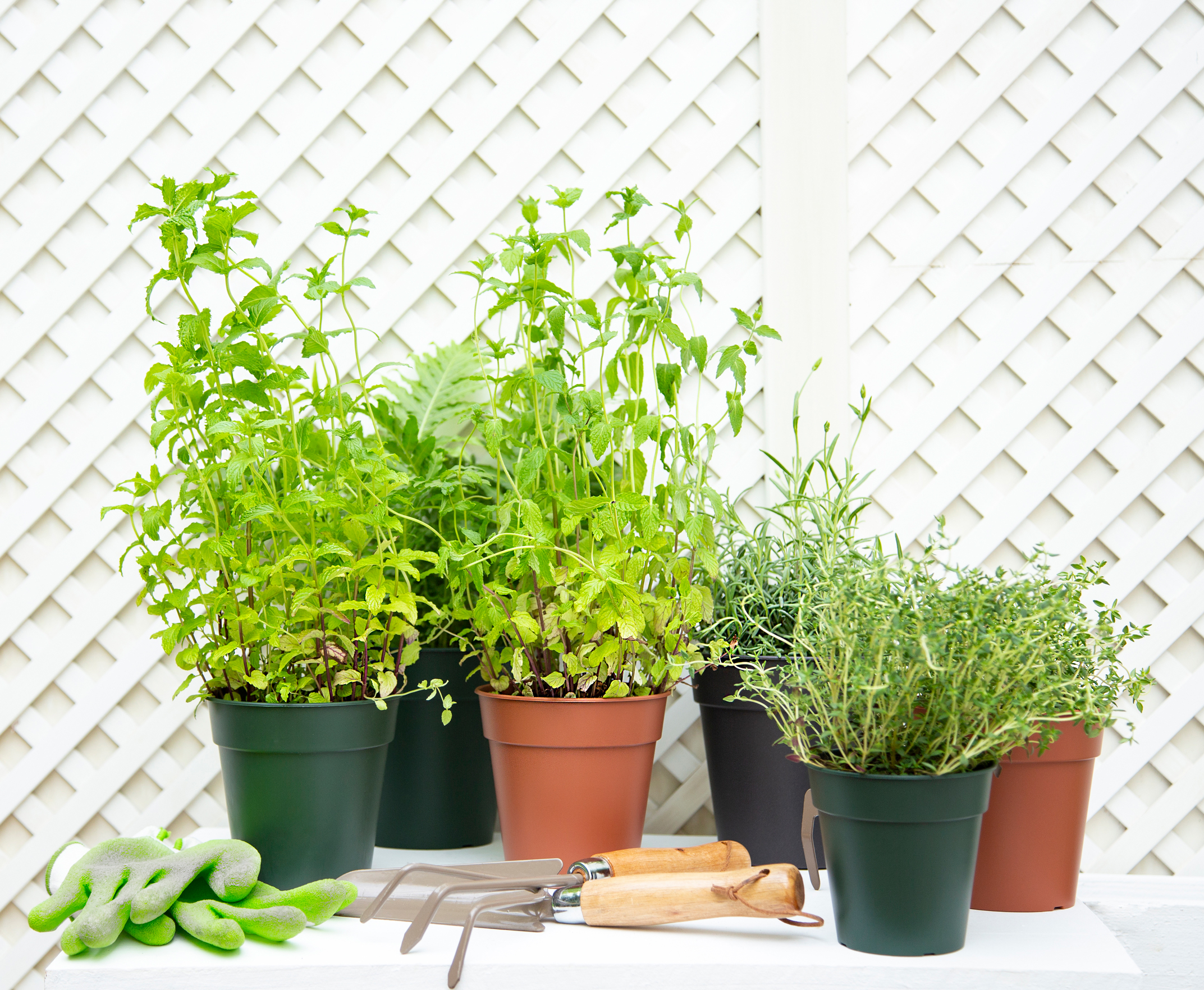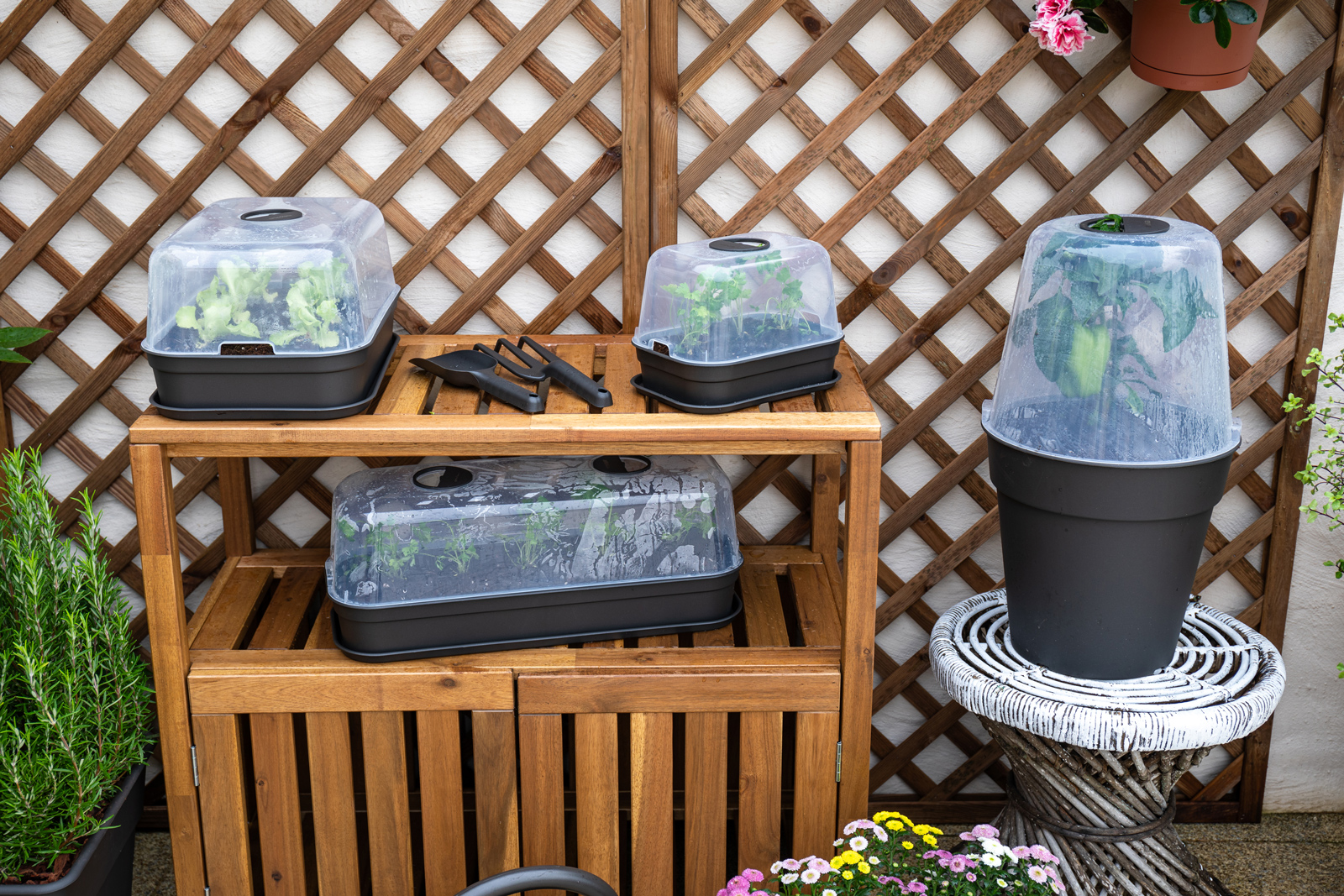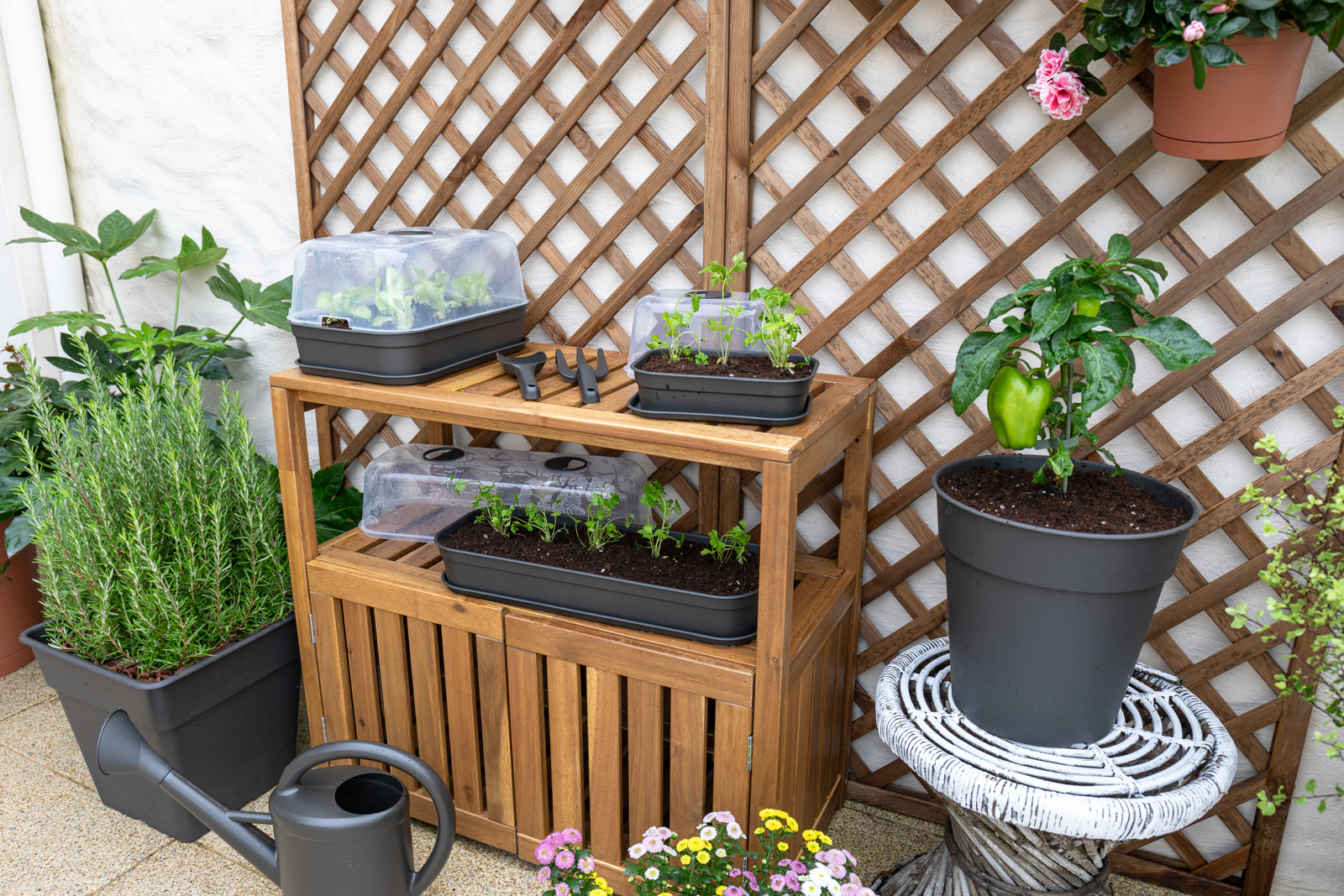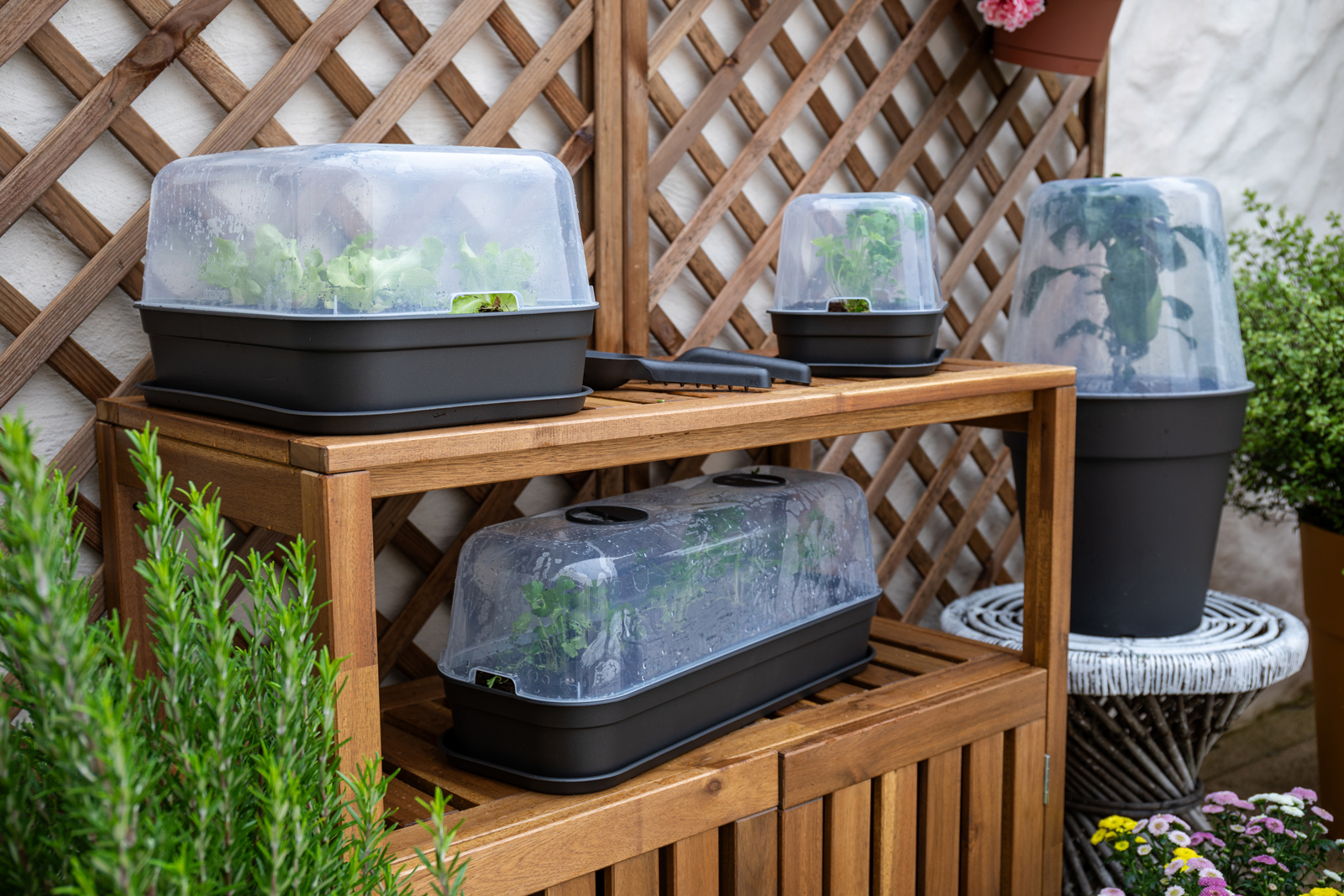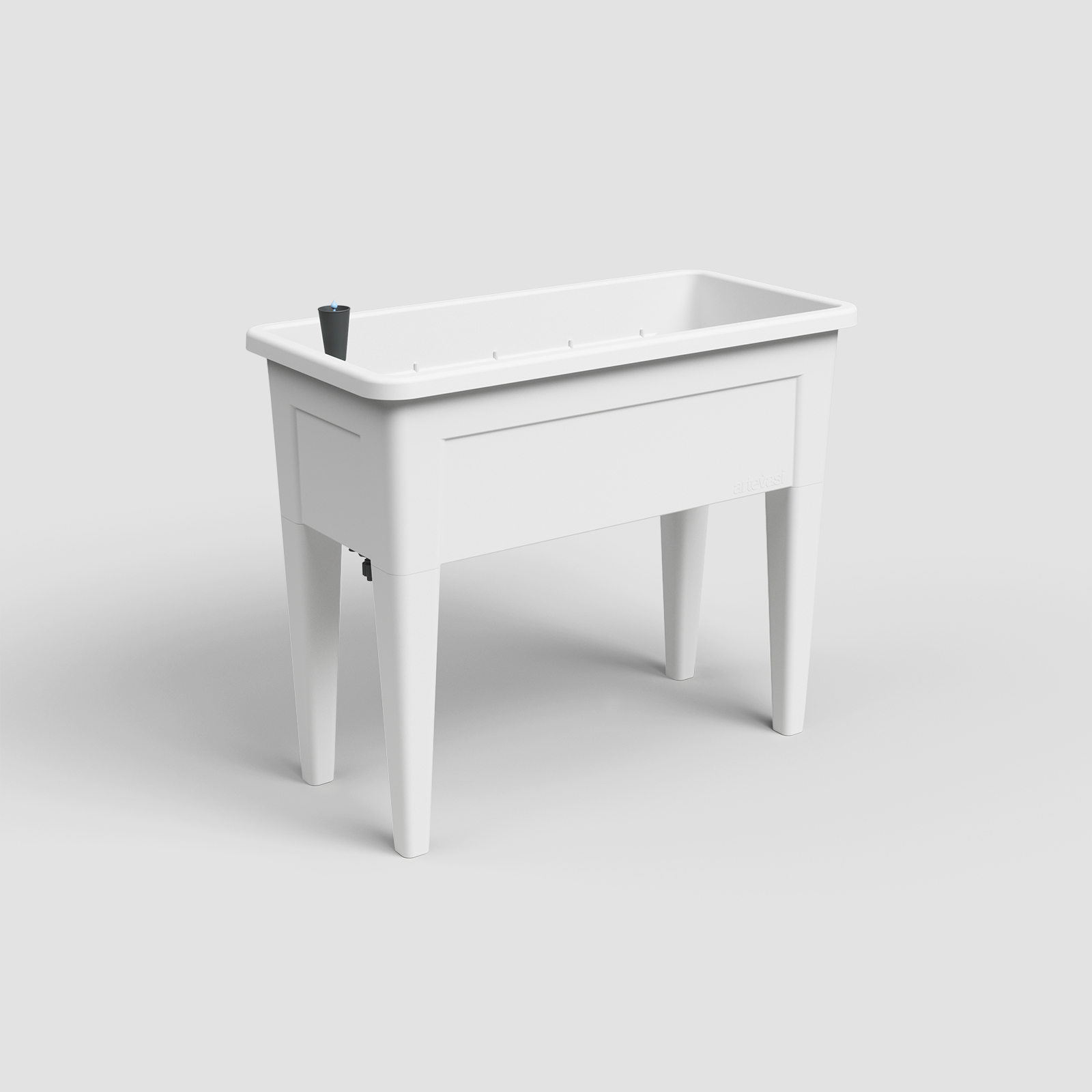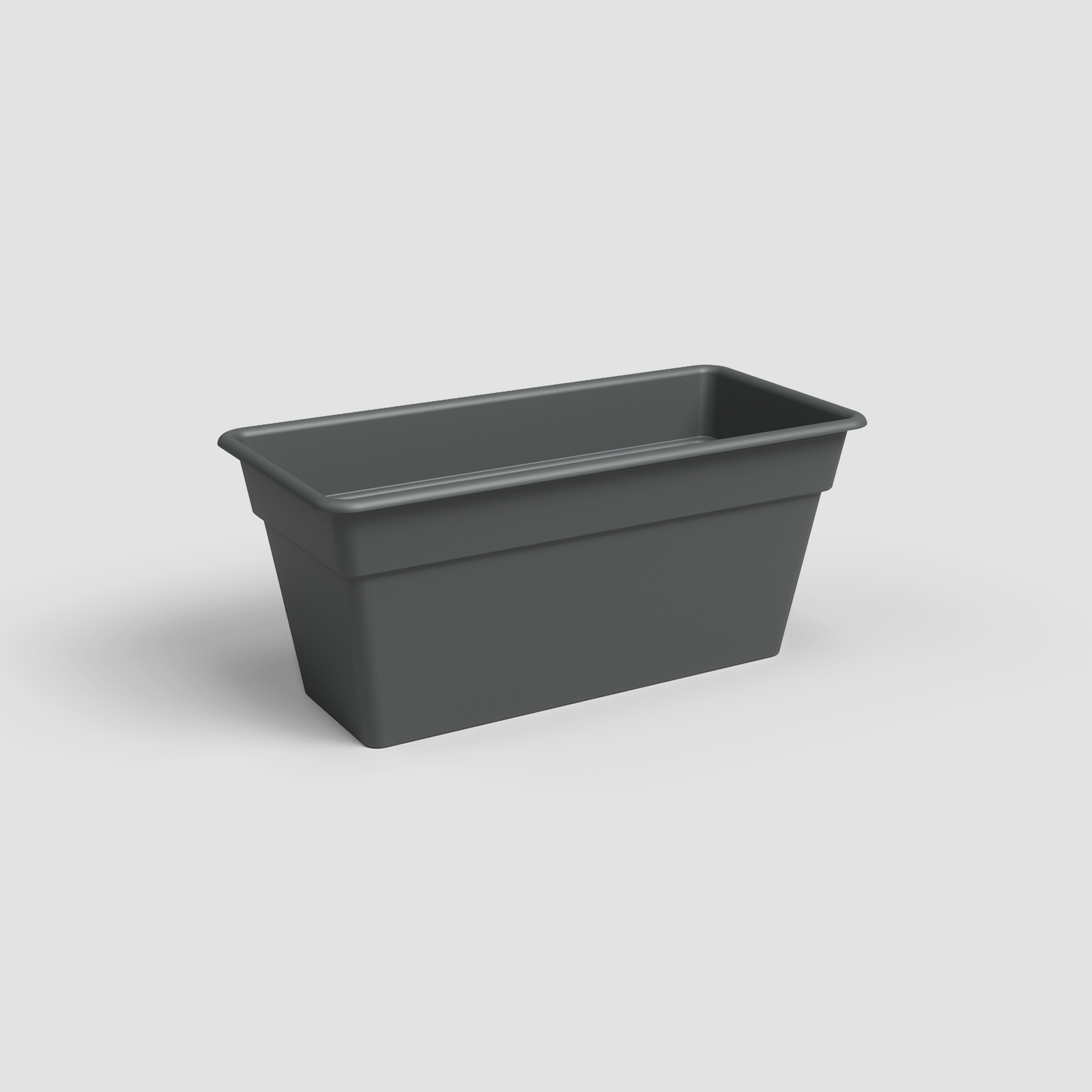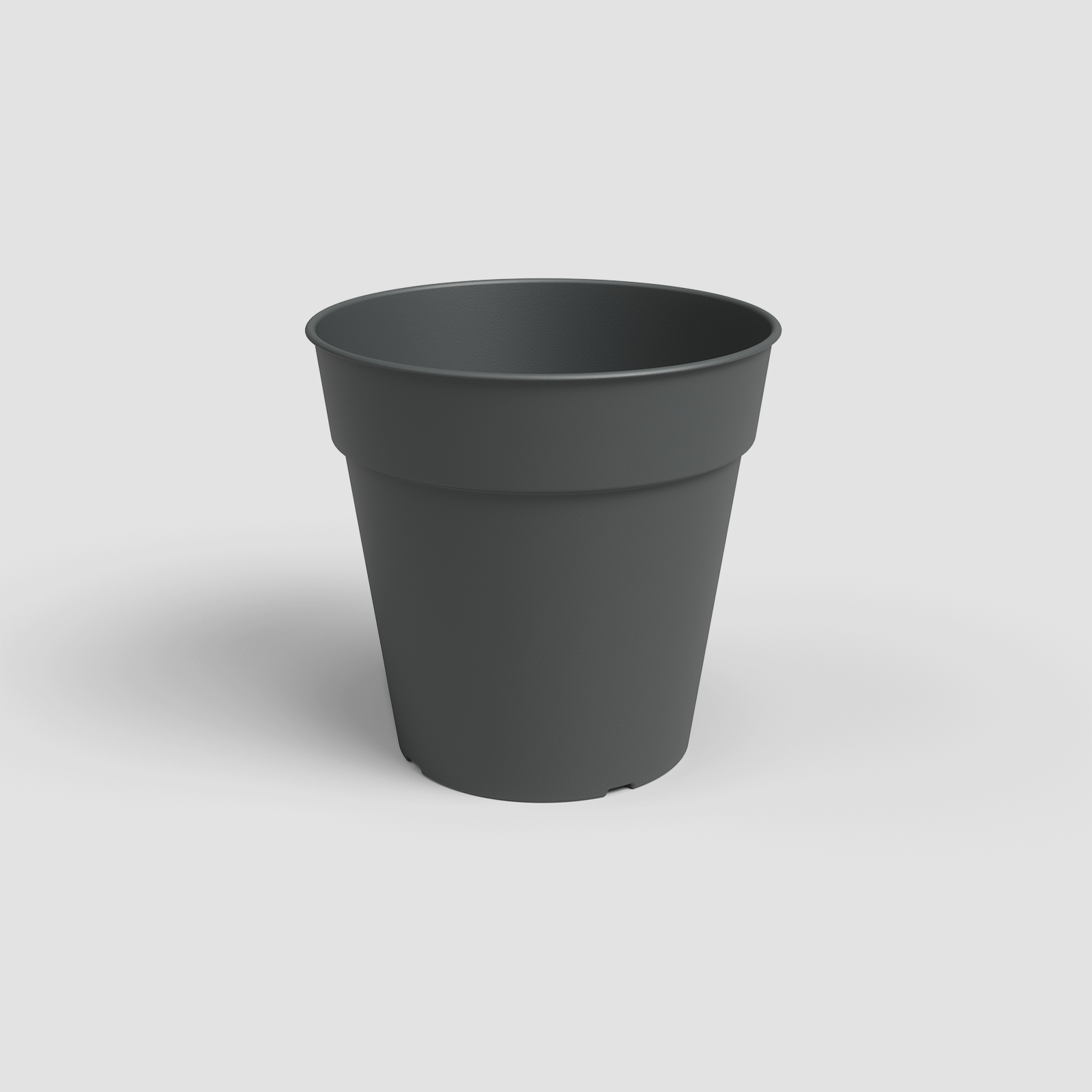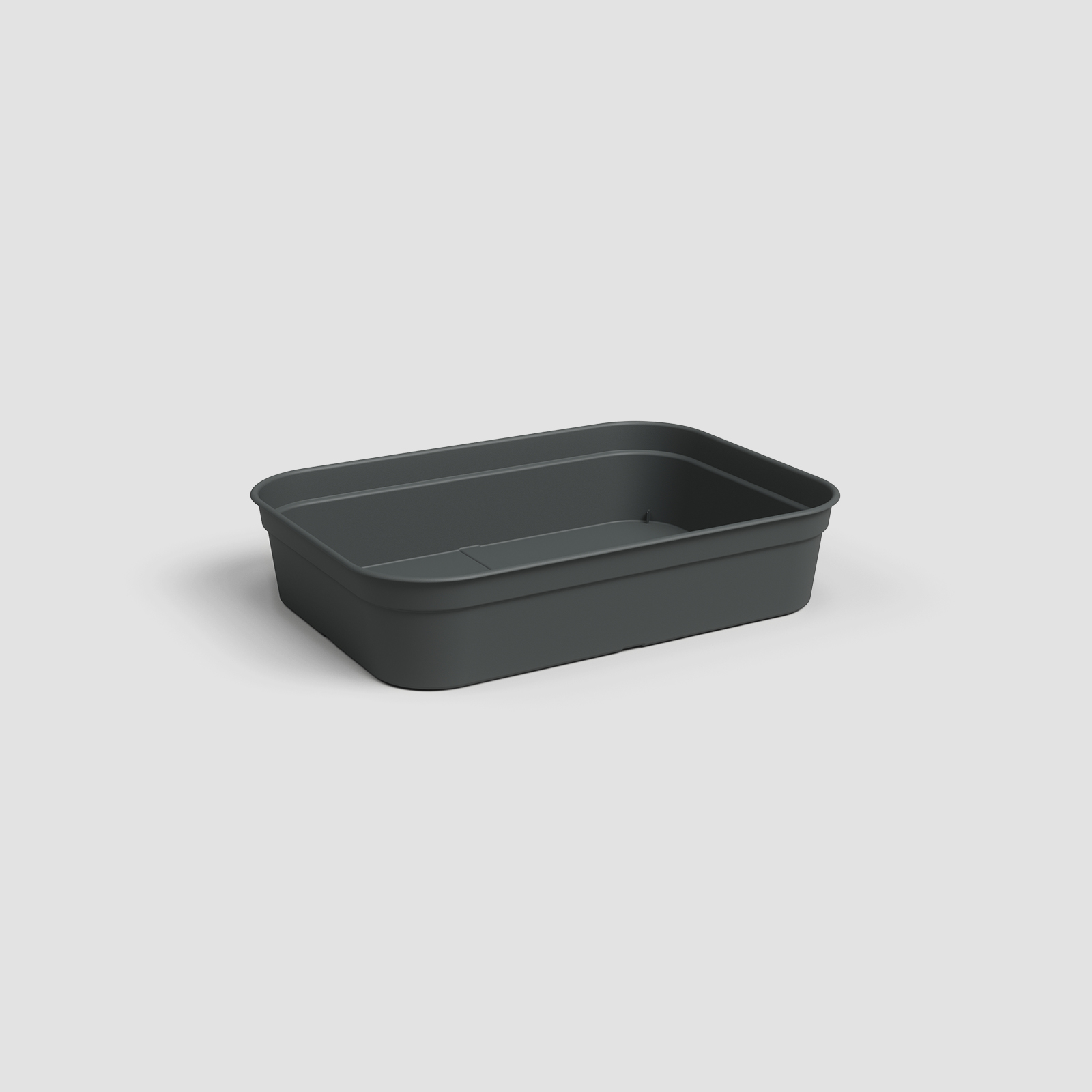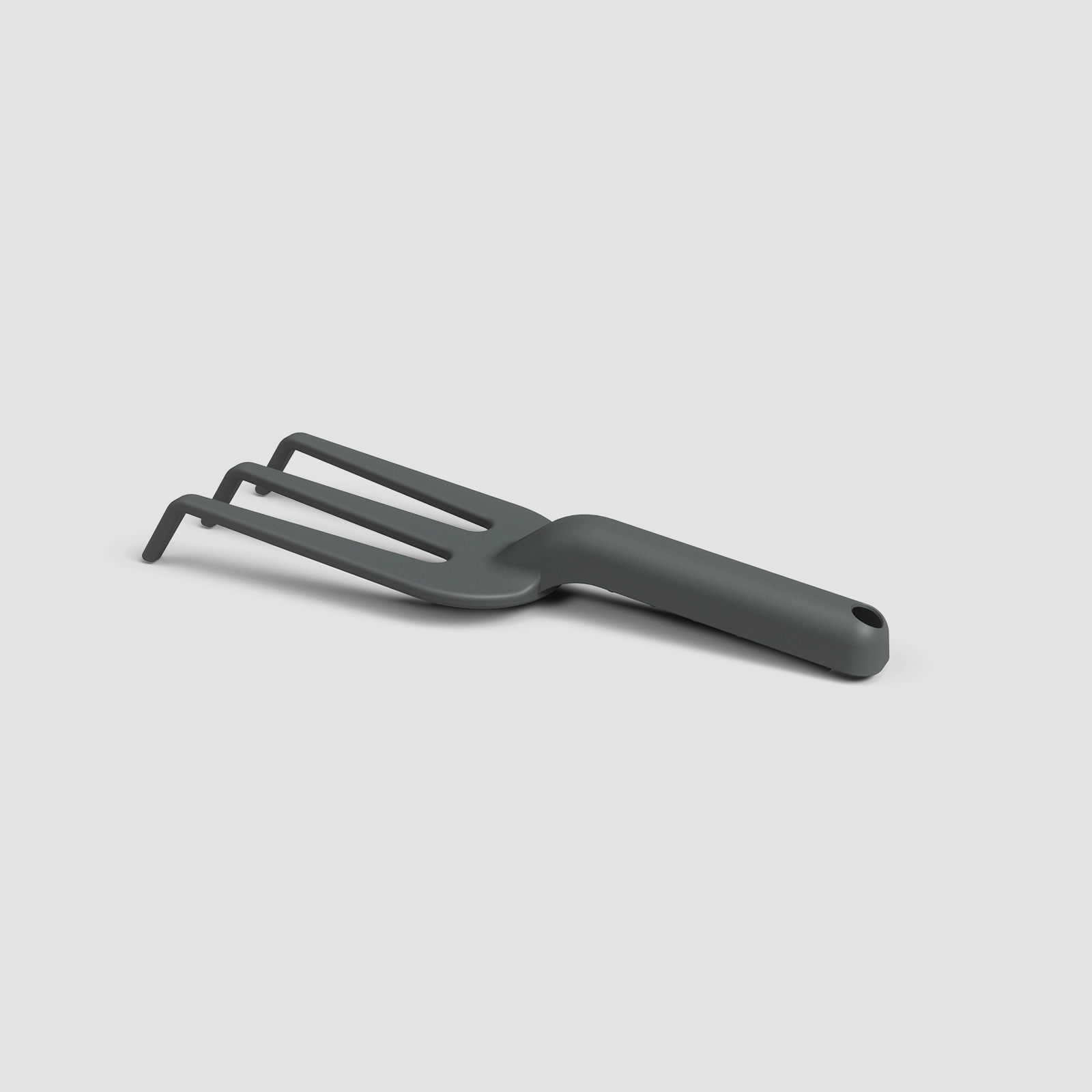Why aromatic herbs?
Aromatic herbs are plants rich in aroma and flavour, used for centuries to season sauces, prepare infusions, or even perfume the home. In addition to being practical and versatile, they are easy to grow, even in small spaces. By adding aromatic herbs to your home, you bring in fresh, tasty ingredients rich in health benefits, while enhancing your culinary skills. Perfectly adapted to the heat of summer months, aromatic herbs require good sun exposure and moist soil, as we will see below.
Basil
This is the king of summer. It thrives in heat and grows quickly with plenty of sun. It requires frequent watering and light, well-drained soil. As well as being super easy to grow, it is ideal for summer dishes, from starters with cheese and tomato, pesto and pizzas, to meat dishes and even desserts such as strawberries. It can be sown, preferably between May and August.
Parsley
Easy to grow and highly versatile. It needs moist soil and moderate light. Parsley is indispensable in any kitchen and goes well with almost everything, from salads, stews, soups, rice, eggs, fish or marinades. In addition, many dishes are greatly improved when finished with freshly picked chopped parsley. The ideal time to sow is between spring and the end of August.
Coriander
One of the most aromatic herbs, it is also one of the fastest-growing. It prefers partial light during the hottest hours of the day, as well as regular watering. It is perfect for Asian dishes, salads, pesto and Mediterranean recipes. In Portuguese cuisine, it is indispensable in typical Alentejo dishes such as açordas, fish soups and some meat and seafood dishes. It can be sown in succession until the end of summer.
Thyme
An aromatic, hardy and fast-growing carpet, even with little water. It likes direct sun, dry soil and small pots with good drainage. Ideal for barbecued meat, roasts, soups, sauces and marinades. It is also a great addition to fruit salads or lemonade. At the same time, it is a beautiful ornamental plant, thanks to its white or pink flowers. It prefers to be transplanted, but accepts cuttings or seeds in summer.
Mint
Refreshing and expansive, mint should be planted alone, as it tends to spread. It requires moist soil and an insulated pot with partial light. It is an excellent choice for infusions, desserts, cool drinks, and Oriental sauces, as well as being indispensable in a good mojito.
The best time to sow is until the beginning of autumn, preferably by division or cuttings.
Rosemary
One of the most resistant and long-lasting herbs. It likes plenty of sun, little water and dry soil. In the kitchen, it goes perfectly with meat, potatoes and roasted vegetables, flavoured olive oil and rustic bread. It also works well to flavour cucumber water, as well as being great for a calming infusion that is excellent for the memory. It can be sown between March and July, taking advantage of the higher temperatures and sunlight.
Chives
Delicate and aromatic, chives grow well in small pots and adapt to various environments. It is an aromatic herb that likes moderate sunlight, fertile soil and regular watering. Ideal for salads, soups, eggs, potatoes, sauces, fresh dishes and even a dip with Greek yoghurt, garlic and lemon juice, for dipping breadsticks or chopped vegetables.
